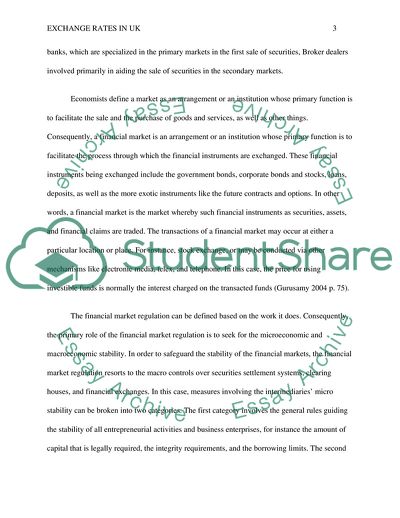Cite this document
(Several Aspects of Exchange Rate in the UK Term Paper, n.d.)
Several Aspects of Exchange Rate in the UK Term Paper. Retrieved from https://studentshare.org/finance-accounting/1762159-exchange-rates-uk
Several Aspects of Exchange Rate in the UK Term Paper. Retrieved from https://studentshare.org/finance-accounting/1762159-exchange-rates-uk
(Several Aspects of Exchange Rate in the UK Term Paper)
Several Aspects of Exchange Rate in the UK Term Paper. https://studentshare.org/finance-accounting/1762159-exchange-rates-uk.
Several Aspects of Exchange Rate in the UK Term Paper. https://studentshare.org/finance-accounting/1762159-exchange-rates-uk.
“Several Aspects of Exchange Rate in the UK Term Paper”. https://studentshare.org/finance-accounting/1762159-exchange-rates-uk.


